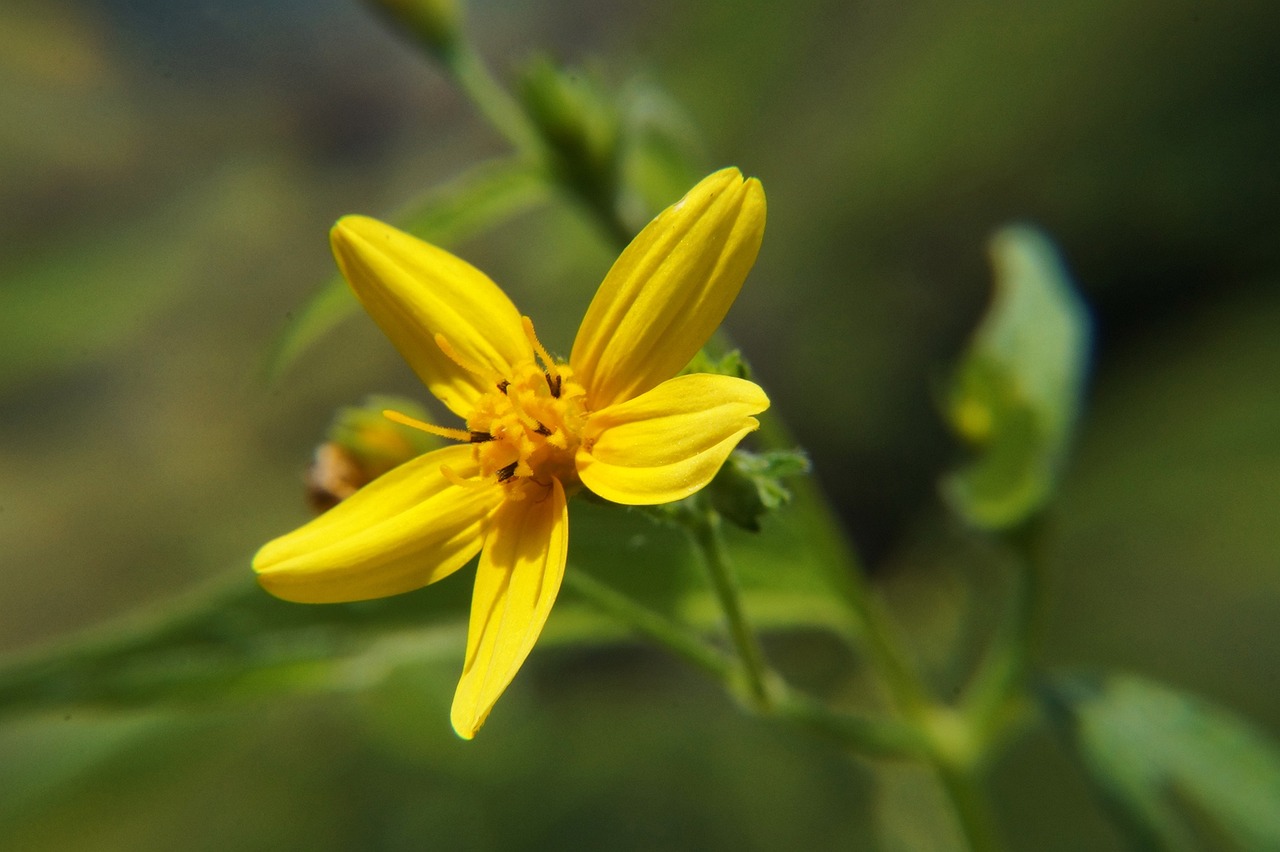Cultural Sensitivities: Understanding Local Norms in El Salvador
El Salvador, a small but vibrant country in Central America, is known for its rich culture and warm hospitality. As a traveler or visitor to El Salvador, it is essential to understand and respect the local norms and cultural sensitivities. This article aims to provide a detailed insight into the various aspects of El Salvador’s culture, helping you navigate through the country with ease and respect for its customs.
Greetings and Etiquette
- Greeting with a Handshake: When meeting someone in El Salvador, it is customary to greet them with a firm handshake. Maintain eye contact and smile to show respect and friendliness.
- Addressing with Respect: Use formal titles such as “Señor” (Mr.) or “Señora” (Mrs.) followed by the person’s last name when addressing someone older or in a formal setting.
- Personal Space: El Salvadorans value personal space, so it is important to maintain a comfortable distance while interacting with others.
- Respecting Elders: Elders are highly respected in El Salvadoran culture. It is customary to greet them first and show deference towards their opinions and decisions.
Religion and Customs
- Catholic Influence: The majority of El Salvadorans are Roman Catholic, and religion plays a significant role in their daily lives. Respect religious sites, practices, and traditions.
- Religious Festivals: El Salvadorans celebrate various religious festivals throughout the year, such as Semana Santa (Holy Week) and Christmas. Participating in these events with respect and curiosity is highly encouraged.
- Dress Code: When visiting religious sites or attending religious events, it is appropriate to dress modestly. Avoid wearing revealing or inappropriate clothing.
- Superstitions and Folklore: El Salvador has a rich folklore and is home to various superstitions. Respect and appreciate these beliefs, even if you do not share them.
Food and Dining Etiquette
- Punctuality: If invited to someone’s home for a meal, it is polite to arrive on time or slightly before the specified time.
- Table Manners: El Salvadorans value good table manners. Chew with your mouth closed, avoid talking with food in your mouth, and keep your elbows off the table.
- Appreciating Local Cuisine: El Salvadoran cuisine is diverse and delicious. Show appreciation for the local dishes and try traditional foods like pupusas, yuca frita, and horchata.
- Offering to Pay: It is customary for the person who extended the invitation to pay for the meal. However, offering to contribute or pay your share is a polite gesture.
Gender Roles and Social Interactions
- Machismo Culture: El Salvador has a traditional machismo culture, with defined gender roles. Men are often considered the breadwinners, while women are expected to fulfill domestic responsibilities. However, these roles are evolving, and women are increasingly taking on professional roles.
- Respecting Boundaries: When interacting with the opposite gender, it is important to respect personal boundaries and avoid making others uncomfortable.
- Compliments: Complimenting someone’s appearance or attire is common in El Salvadoran culture. However, it is essential to do so respectfully and without crossing any boundaries.
- Public Displays of Affection: While El Salvadorans are generally affectionate, it is advisable to avoid excessive public displays of affection, especially in conservative areas.
Traditional Arts and Crafts
- Pottery and Ceramics: El Salvador is known for its vibrant pottery and ceramics. Visit local workshops to witness the craftsmanship and consider purchasing authentic pieces as souvenirs.
- Textiles and Handicrafts: El Salvadoran textiles and handicrafts showcase intricate designs and vibrant colors. Support local artisans by purchasing their handmade products.
- Indigenous Art: Explore the indigenous art forms of El Salvador, such as wood carving and painting. These art forms often depict cultural stories and traditions.
- Festivals and Art Exhibitions: Attend local festivals and art exhibitions to experience the diverse artistic expressions of El Salvador.
Social Issues and Sensitivities
- Gang Violence: El Salvador has faced challenges with gang violence in certain areas. It is advisable to research and avoid high-crime areas for your safety.
- Poverty and Inequality: While El Salvador has made progress in reducing poverty, it still faces issues of inequality. Respect the local communities and be mindful of economic disparities.
- Environmental Awareness: El Salvador is home to beautiful natural landscapes. Practice responsible tourism by respecting the environment, avoiding littering, and supporting eco-friendly initiatives.
- Social Justice and Human Rights: Engage in conversations about social justice and human rights with respect and sensitivity. Understand the local context and be open to learning from different perspectives.
El Salvador Image 1:

Local Festivals and Celebrations
- Carnival de San Miguel: The Carnival de San Miguel is one of the most vibrant celebrations in El Salvador. It features colorful parades, music, dancing, and traditional costumes.
- Feria de Agosto: The Feria de Agosto is a month-long festival held in Santa Ana. It includes cultural events, concerts, traditional food, and amusement rides.
- Festival Internacional de Teatro: The Festival Internacional de Teatro is an annual theater festival that brings together local and international theater groups to showcase their talent.
- Day of the Dead: El Salvadorans celebrate the Day of the Dead by visiting cemeteries to honor their deceased loved ones. It is a time of remembrance and reflection.
El Salvador Image 2:

Traditional Music and Dance
- Punta: Punta is a traditional dance and music style originating from the Garifuna community in El Salvador. It is characterized by fast-paced drumming and energetic movements.
- Cumbia: Cumbia is a popular dance and music genre in El Salvador. It combines African, Indigenous, and European influences and is often performed during festivals and celebrations.
- Folkloric Ballet: Folkloric ballet is a form of dance that showcases traditional El Salvadoran culture through choreography, costumes, and music.
- Marimba Music: The marimba is a traditional musical instrument widely used in El Salvador. Enjoy the melodic tunes of marimba bands performing at festivals and cultural events.
Local Cuisine and Culinary Delights
- Pupusas: Pupusas are a staple food in El Salvador. They are thick corn tortillas filled with cheese, beans, or meat and served with curtido (pickled cabbage) and salsa.
- Yuca Frita: Yuca frita is fried cassava, a starchy root vegetable. It is often served as a side dish or snack and pairs well with a variety of traditional Salvadoran dishes.
- Horchata: Horchata is a refreshing drink made from ground rice, cinnamon, and vanilla. It is a popular choice to accompany meals or cool down on a hot day.
- Empanadas: Salvadoran empanadas are filled pastries made with corn masa dough and stuffed with ingredients like cheese, chicken, or vegetables. They are often served as appetizers or snacks.
El Salvador Image 3:

Conclusion
Visiting El Salvador can be a rewarding experience, filled with cultural discoveries and warm encounters. By understanding and respecting the local norms and cultural sensitivities, you can immerse yourself in the vibrant traditions and customs of this beautiful country. Remember to approach each interaction with an open mind, curiosity, and a willingness to learn and appreciate the uniqueness of El Salvadoran culture.
References
- elsalvador.com
- lonelyplanet.com
- worldtravelguide.net
- salvador.travel


